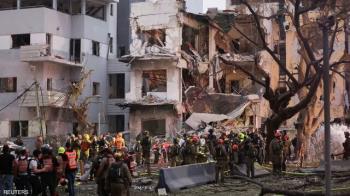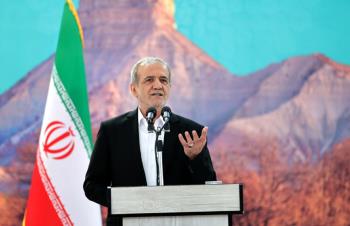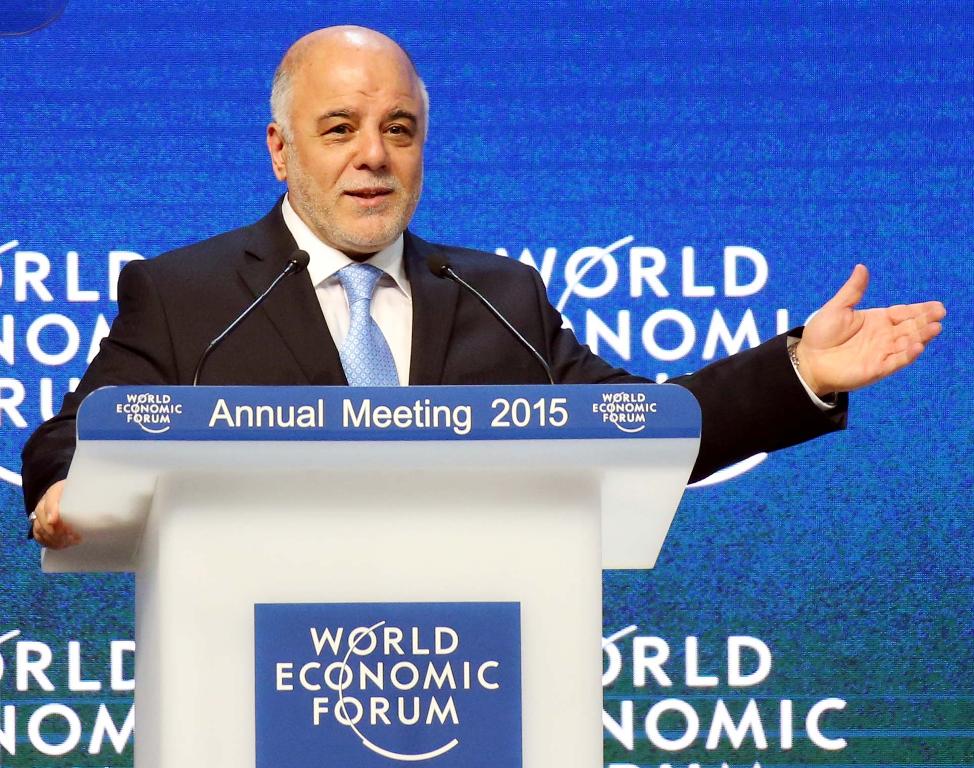Alwaght – Haidar Al Abadi, Prime Minister of Iraq, presented a military, political and economic strategy vision to defeat ISIS in the World Economic Forum in Davos. He also envision an international effort to rebuild Iraq and reconcile the region, so that Iraqi people can set an example for triumphing over terrorism with economic development and social inclusion. Abadi, speaking at described ISIS, also known as Daesh, as the best-funded and most organized terrorists that the Iraqi people are on the frontlines of the fight against it.
In the face of falling oil prices, Abadi added: “Our economy cannot sustain two major spendings – one to sustain our society and two to sustain this awful war.”
The Prime Minister said that Daesh’s momentum had not only been halted but reversed. In the past two to three weeks he had noted an increase in airstrikes against Daesh and better coordination between coalition and Iraqi troops. However, Abadi said Daesh had developed and grown in power due to the situation in Syria.
This war must be stopped, he said, but added: “I am pessimistic because I cannot see a plan to save Syria.”
Abadi said that while the West was sometimes slow to deliver help, Iran was filling the gap.
"They have been prompt in sending us arms and ammunition without even asking for immediate payments," Reuters reported.
Abadi also made a special mention of Qassem Soleimani saying, "We have respect for him and the Iranian establishment," when asked about the role Soleimani played in the fight against IS. But he said no Iranian soldier was or had been present on Iraqi soil.
Since his government took power in September, Abadi said it has recruited Sunni tribes in the fight against Daesh and carried out a purge of corrupt officials in both the army and judiciary. He announced plans to diversify Iraq’s economy – 85% of which is currently fuelled by oil – towards agriculture and petrochemicals.
Abadi added that he is trimming state bureaucracy and encouraging foreign investment: “We are moving from a state-dominated system to a more vibrant mixed economy.” He said that with large reserves of oil and an educated workforce, the economic fundamentals of Iraq remain strong.



























